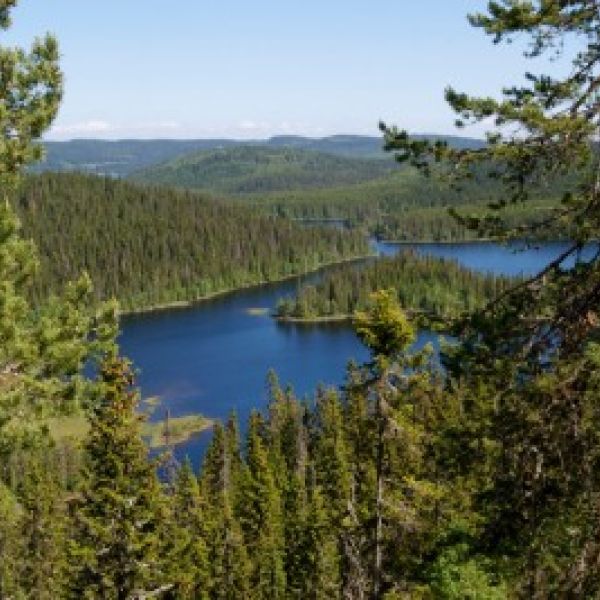Humpback Whale Population on the Rise
Compared to the stark numbers seen during the height of commercial whaling (where numbers reached as low as 1,500), the population of humpback whales in Australian waters (now an estimated 40,000) is looking much healthier.

Since the cessation of whale farming in the 1970's, Australia has witnessed a remarkable resurgence in humpback whale populations. Once on the brink of extinction due to relentless hunting, these marine giants have made an inspiring comeback. Strict conservation efforts, including international bans on commercial whaling and protected marine areas, have allowed humpback whale numbers to rebound significantly.
The annual migration of humpbacks along Australia's coast has become a captivating annual event for tourists and researchers. This population growth not only showcases the resilience of these incredible animals but also underscores the positive impact that proactive conservation measures can have on our environment. As humpback whale numbers continue to rise, they stand as a symbol of hope and a testament to the importance of preserving our marine ecosystems.
Why are whales important to our planet?
Whales play a vital role in maintaining the health and balance of our ecosystem - one whale is worth thousands of trees when it comes to reducing the CO2 in our atmosphere. Whales capture carbon in their bodies throughout their lives, taking it to the bottom of the ocean when they naturally die. A tree absorbs 48 pounds of CO2 per year, whereas a whale can capture 33 tons of CO2 in their lifetime, taking that out of our atmosphere for centuries.
These gentle creatures also serve as keystone species, influencing the entire marine environment around them. Their unique feeding habits, such as filter-feeding, help regulate plankton populations, which in turn control carbon dioxide levels and support oxygen production. Additionally, whale excrement, rich in nutrients, acts as a fertilizer for phytoplankton growth, further enhancing carbon capture.
Protecting these magnificent creatures isn't just about preserving a species – it's about safeguarding the delicate harmony of our oceans and ensuring a sustainable future for our planet.











1 Comment